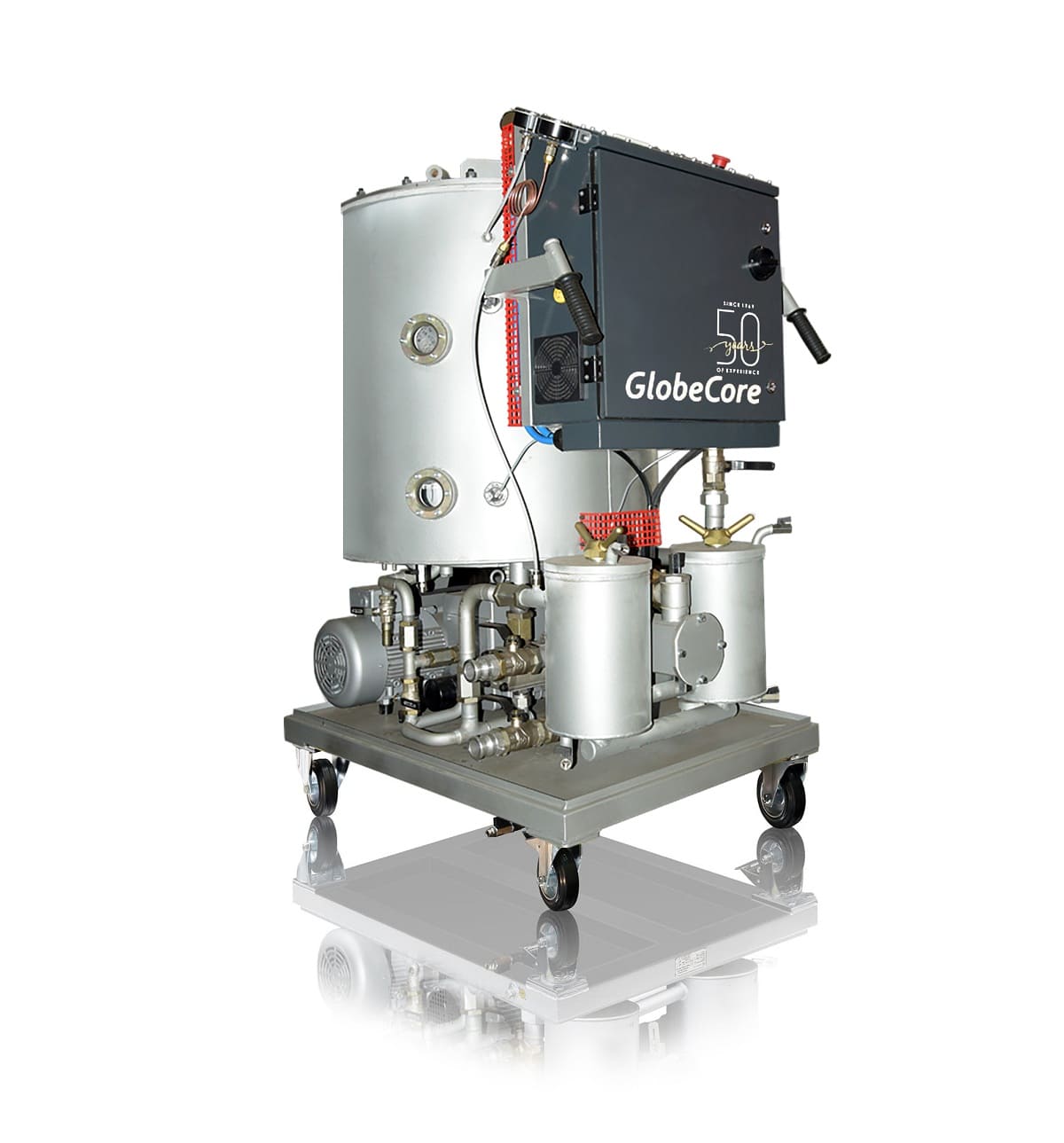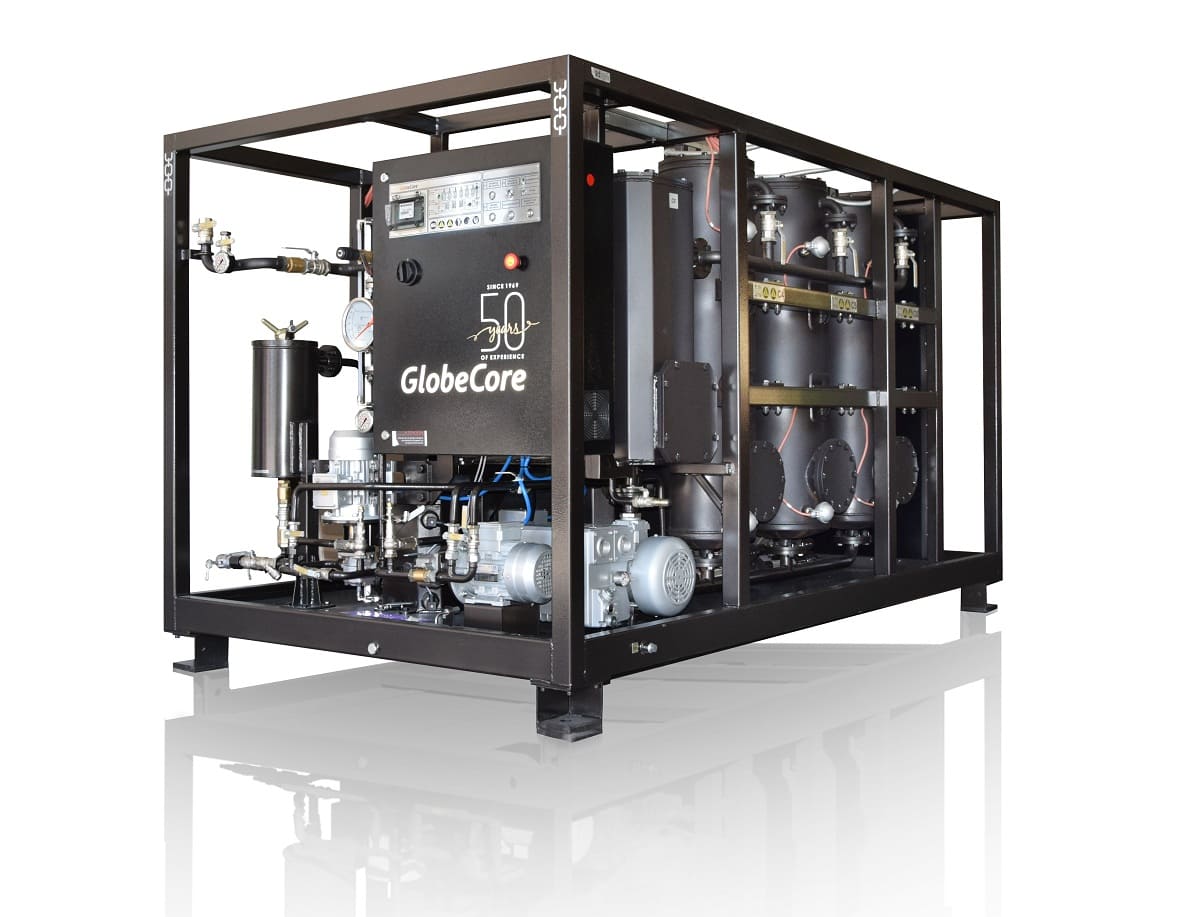Hydraulic oil purification
How does Hydraulic Oil Purifier Operation differ between various types of hydraulic fluids?
- This topic has 1 reply, 2 voices, and was last updated 1 year, 4 months ago by .
Answers
-
October 7, 2024 at 9:26 am by William Foster
Hydraulic Oil Purifier Operation varies between different types of hydraulic fluids due to differences in their chemical compositions, viscosities, and contaminant profiles. Synthetic Hydraulic Fluids, which often have higher thermal stability and lower volatility, may require purifiers with advanced temperature control and specialized filtration media to effectively remove dissolved gases and fine particulates. Mineral-based Hydraulic Oils, being more prone to oxidation and contamination, may necessitate more robust purification systems with higher capacity and frequent maintenance cycles to handle increased degradation products and contaminants. Bio-based Hydraulic Fluids, which are environmentally friendly and biodegradable, require purifiers that can effectively remove water contamination and particulate matter without compromising the oil’s biodegradable properties. Additionally, different hydraulic fluids have varying viscosity indexes, necessitating adjustments in flow rates and filtration pressure settings within the purifier. The presence of specific additives in different hydraulic fluids also influences the choice of purification technologies and media, ensuring that the purification process does not strip away beneficial additives or alter the oil’s performance characteristics. Overall, the operation of Hydraulic Oil Purifiers must be tailored to accommodate the unique properties and requirements of each hydraulic fluid type to achieve optimal purification efficiency and maintain system performance.



